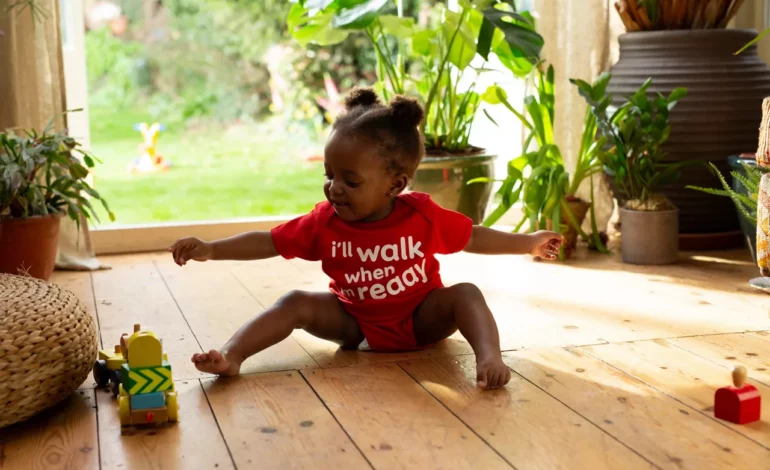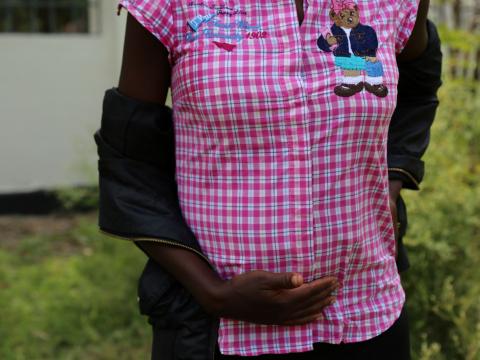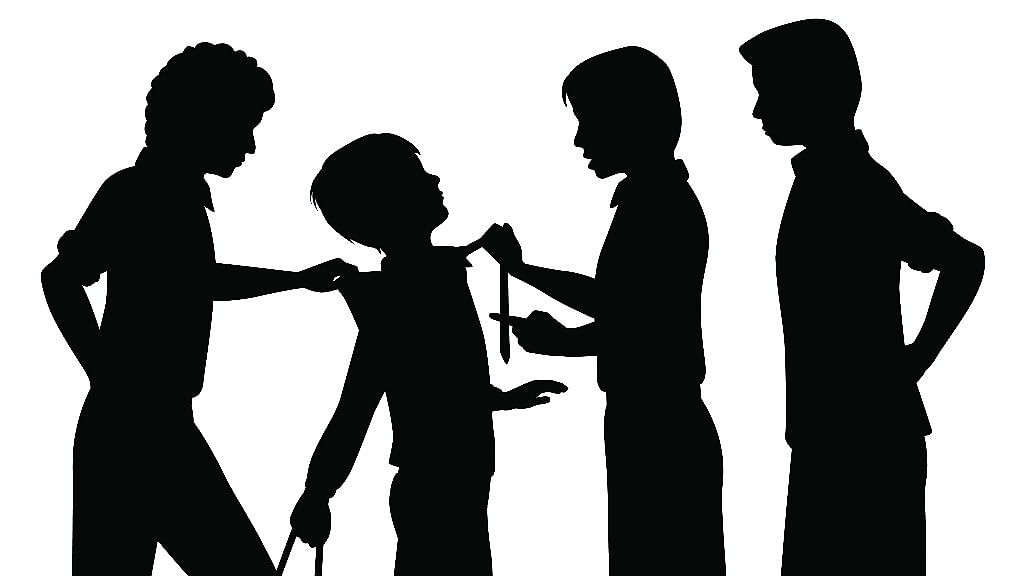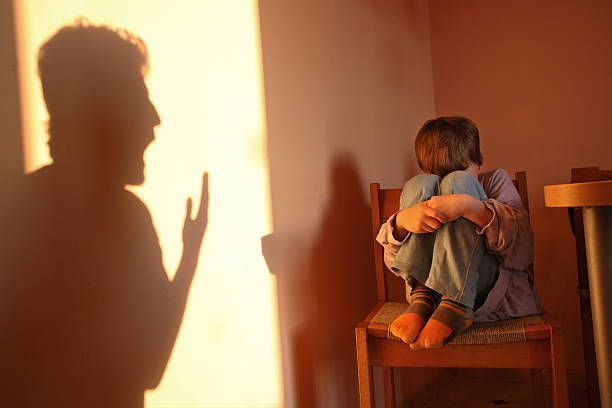Dear Parent, Here Are The Development Milestones To Look Out For In Your Baby

As a parent, watching your baby grow and reach new milestones is one of the most rewarding experiences. Understanding these developmental stages can help you ensure your child is progressing healthily and allow you to catch any early signs of potential issues.
Here’s a guide to the key milestones your baby should reach from birth to 24 months.

Newborn to 3 Months
Physical Development
- Lifts head briefly during tummy time
- Moves arms and legs excitedly
Social and Emotional
- Begins to smile at people
- Attempts to self-soothe
Cognitive
- Follows objects with eyes
- Recognizes familiar faces
Communication
- Turns head towards sounds
- Starts cooing and making gurgling sounds
4 to 6 Months
Physical Development
- Rolls over in both directions
- Sits with support
Social and Emotional
- Responds to affection
- Enjoys playing with others
Cognitive
- Reaches for objects
- Transfers items between hands
Communication
- Babbles with varied sounds
- Responds to name
7 to 9 Months
Physical Development
- Sits without support
- Crawls and pulls to stand
Social and Emotional
- Shows stranger anxiety
- Enjoys social play
Cognitive
- Looks for hidden objects
- Explores with hands and mouth
Communication
- Understands “no”
- Uses gestures like pointing
10 to 12 Months
Physical Development
- Stands alone
- May take first steps
Social and Emotional
- Shows preference for familiar people
- Engages in simple pretend play
Cognitive
- Uses objects correctly (e.g., drinks from cup)
- Follows simple instructions
Communication
- Says basic words like “mama” and “dada”
- Uses simple gestures
13 to 18 Months
Physical Development
- Walks independently
- Begins to run
Social and Emotional
- Shows affection
- Has temper tantrums
Cognitive
- Understands the purpose of everyday objects
- Engages in basic pretend play
Communication
- Says several single words
- Points to express needs
19 to 24 Months
Physical Development
- Runs and kicks a ball
- Walks up and down stairs with support
Social and Emotional
- Imitates others
- Plays alongside other children
Cognitive
- Sorts shapes and colors
- Begins to engage in make-believe play
Communication
- Forms simple sentences
- Follows two-step instructions
Every child develops at their own pace, so variations are normal. However, if you notice significant delays in reaching these milestones, it’s a good idea to consult with a paediatrician or a child development specialist.
Early intervention can make a significant difference in helping your child reach their full potential.







